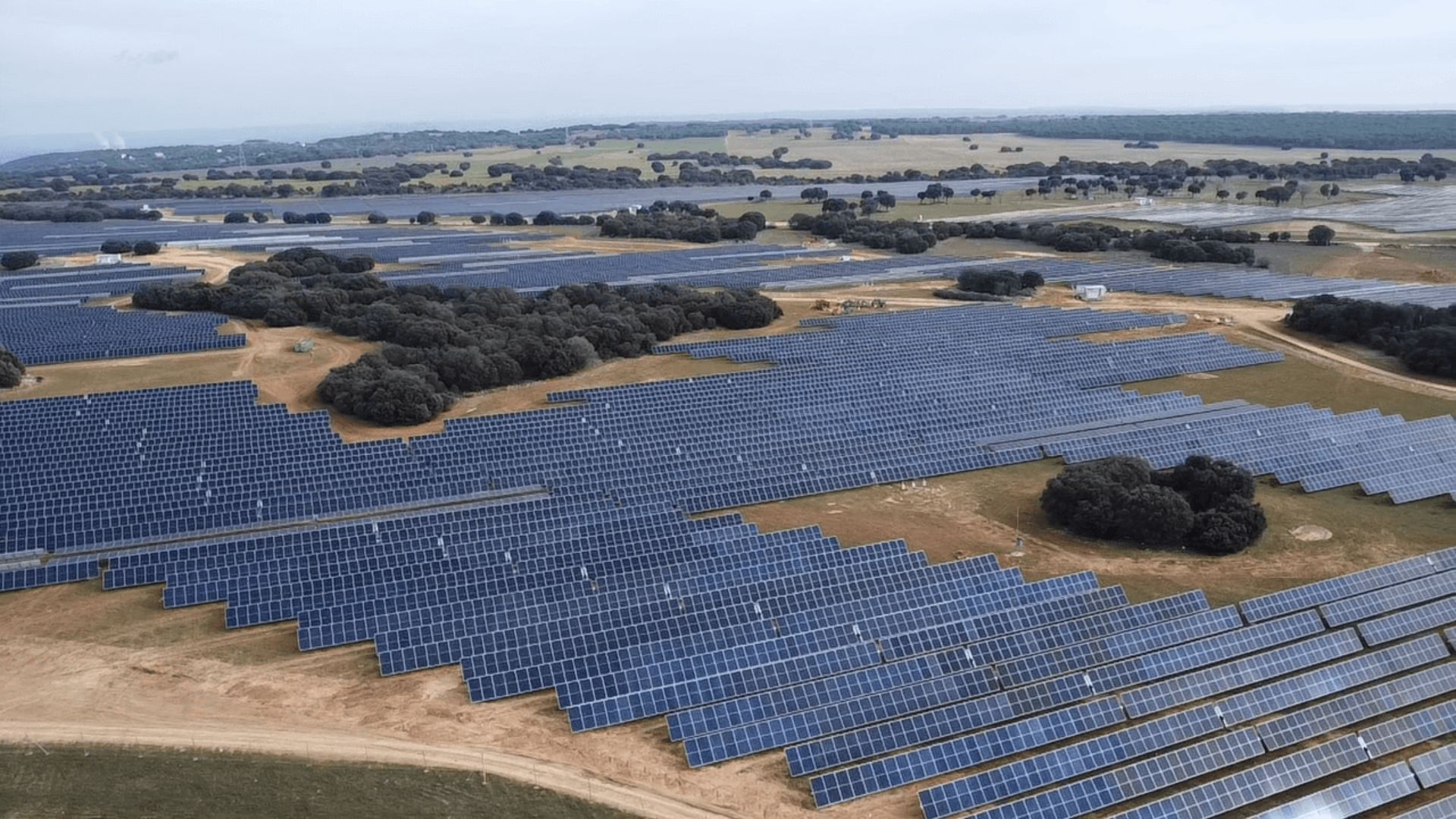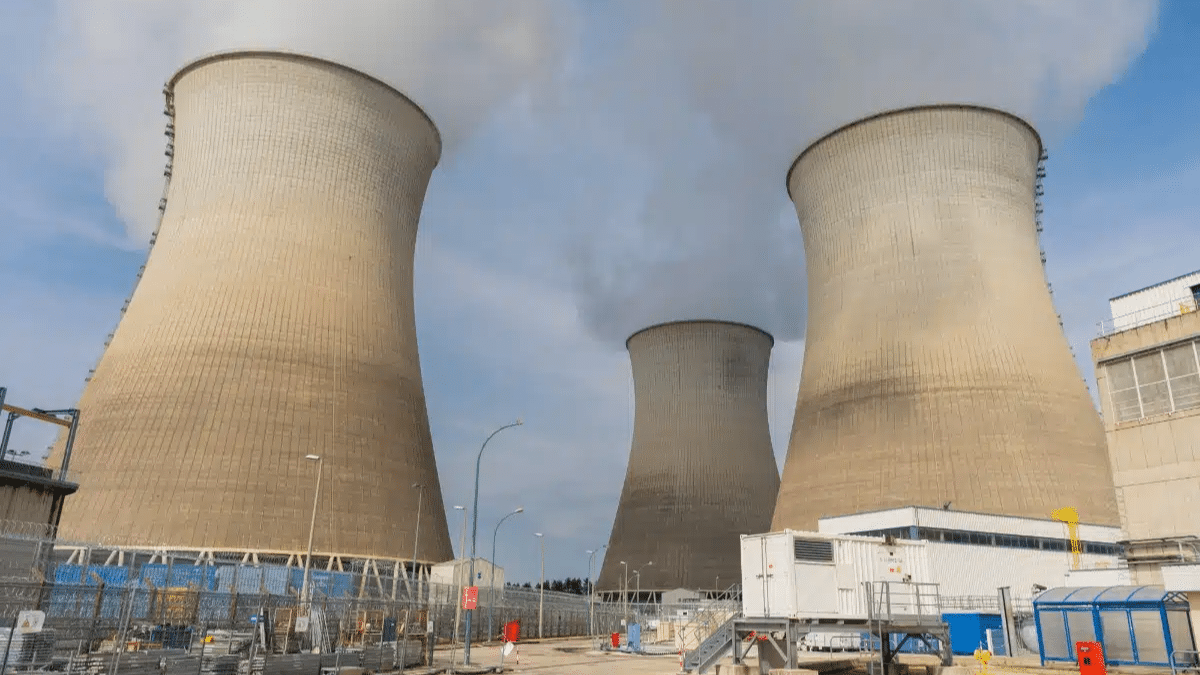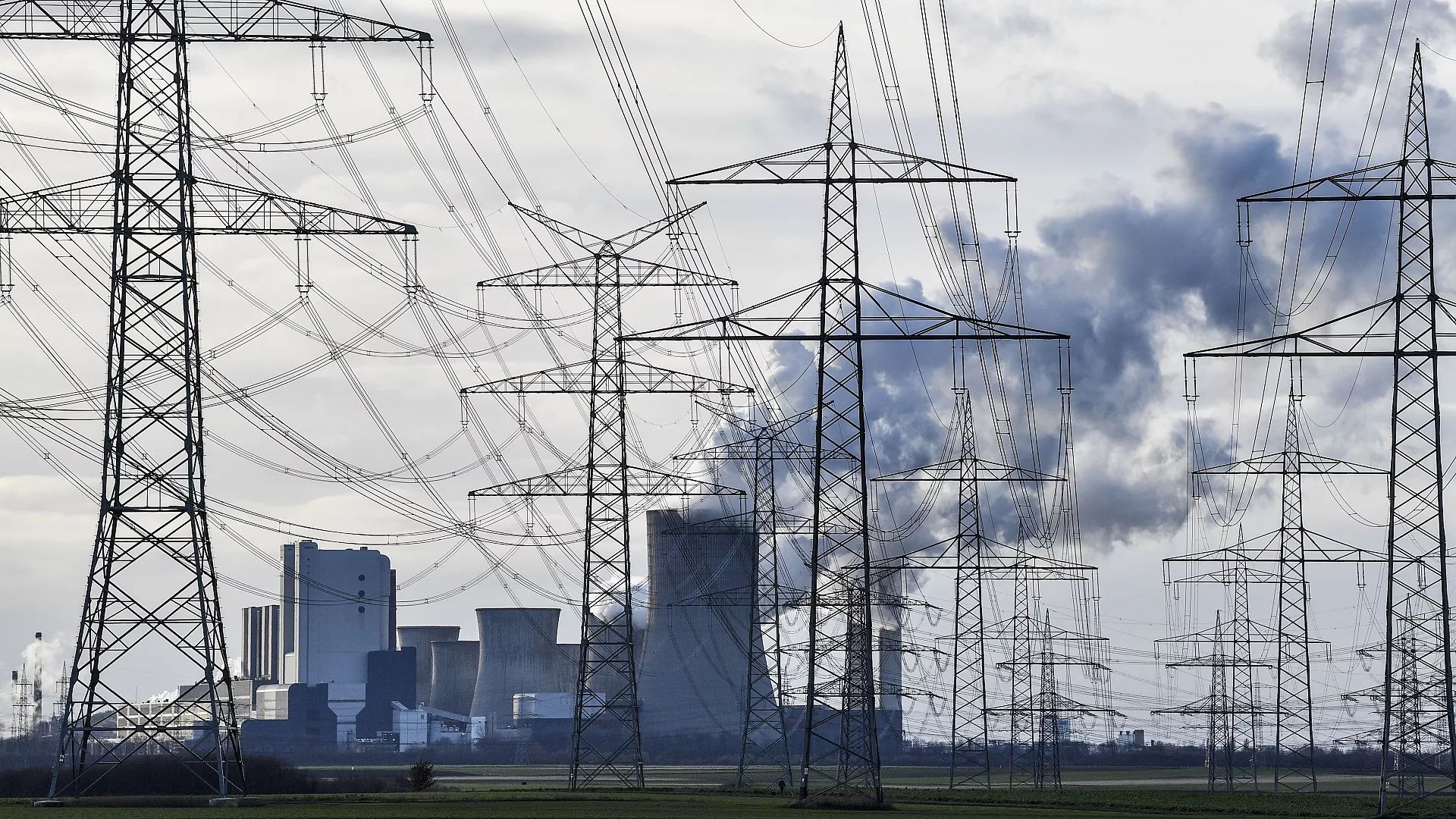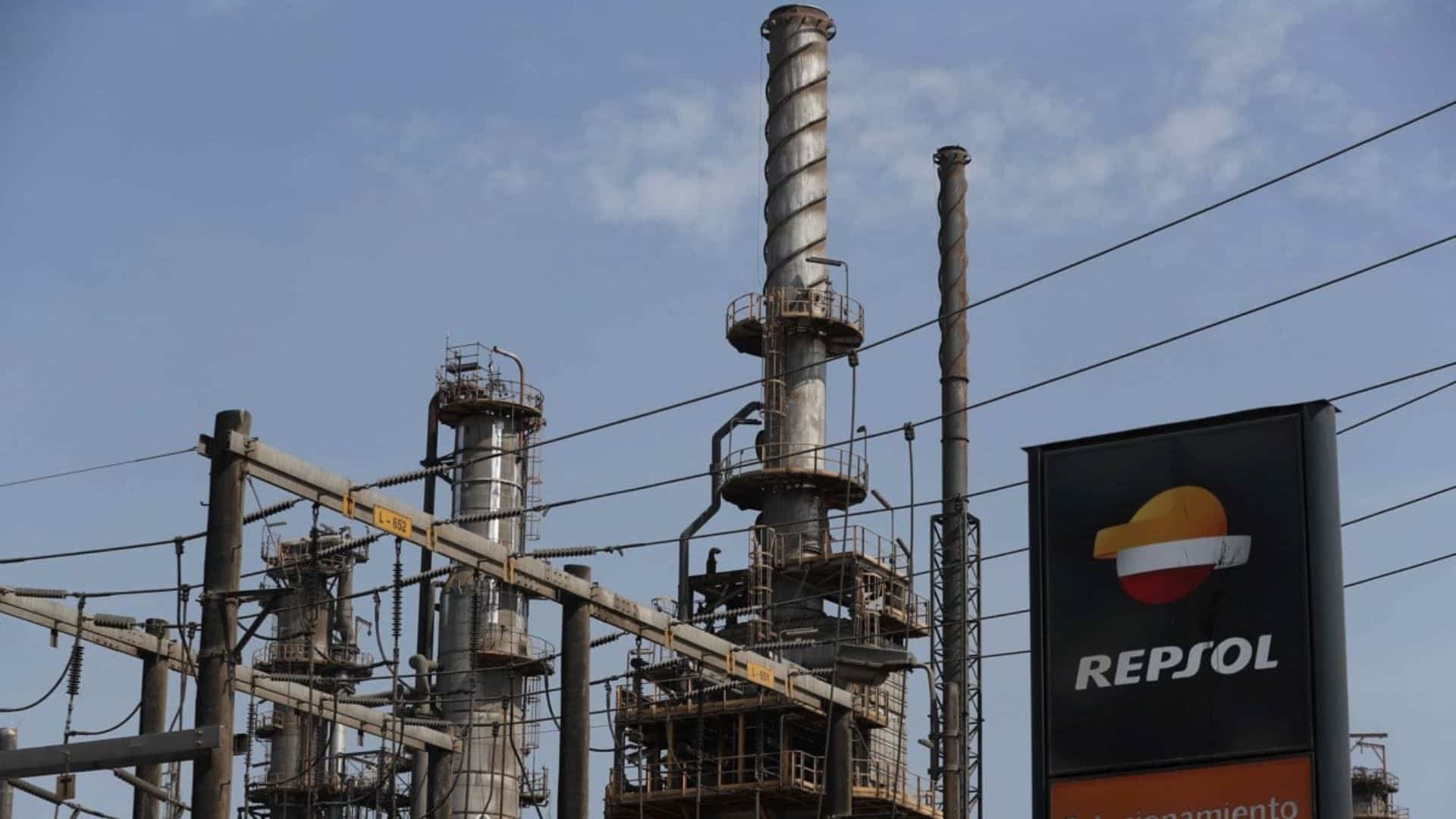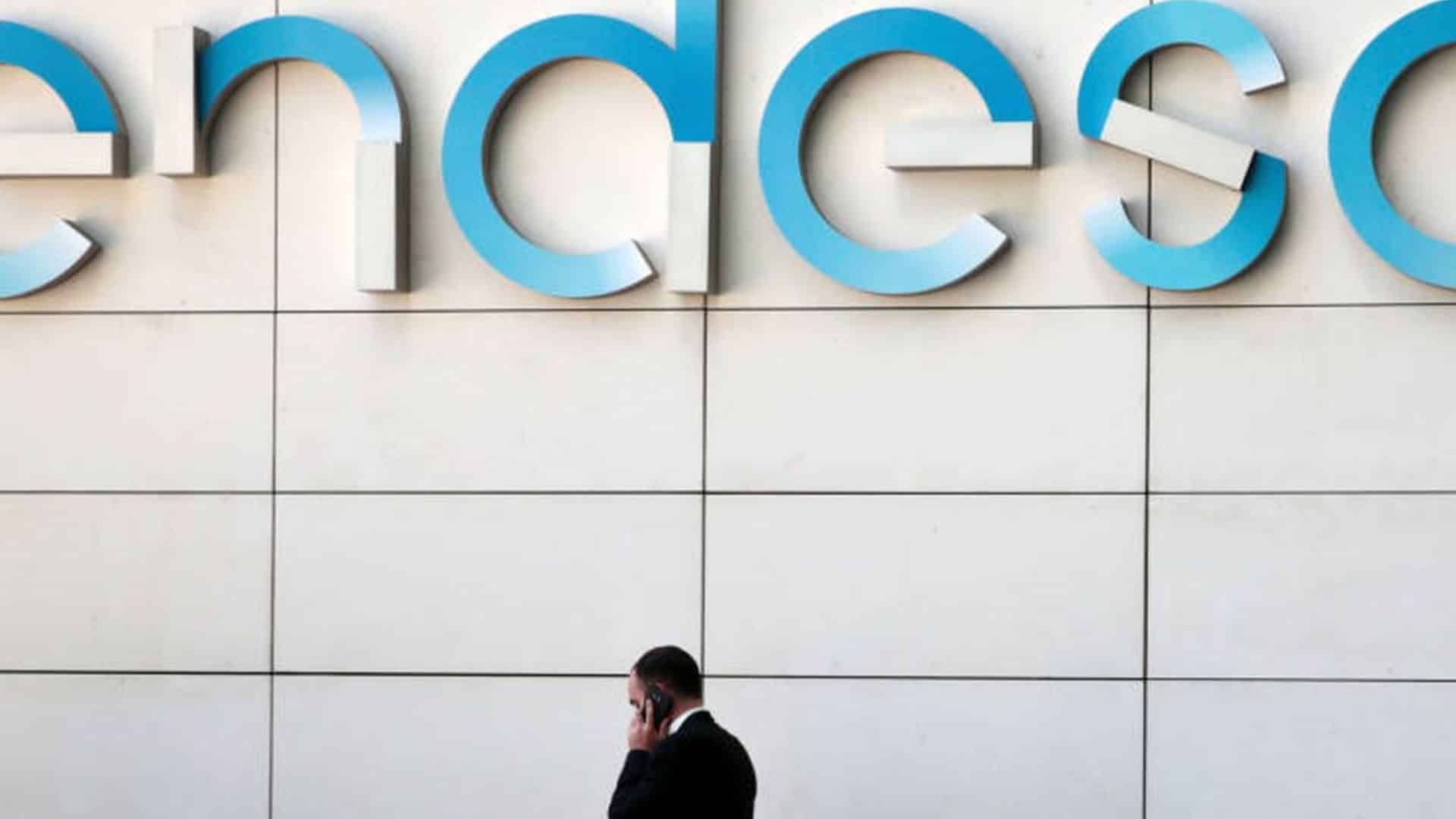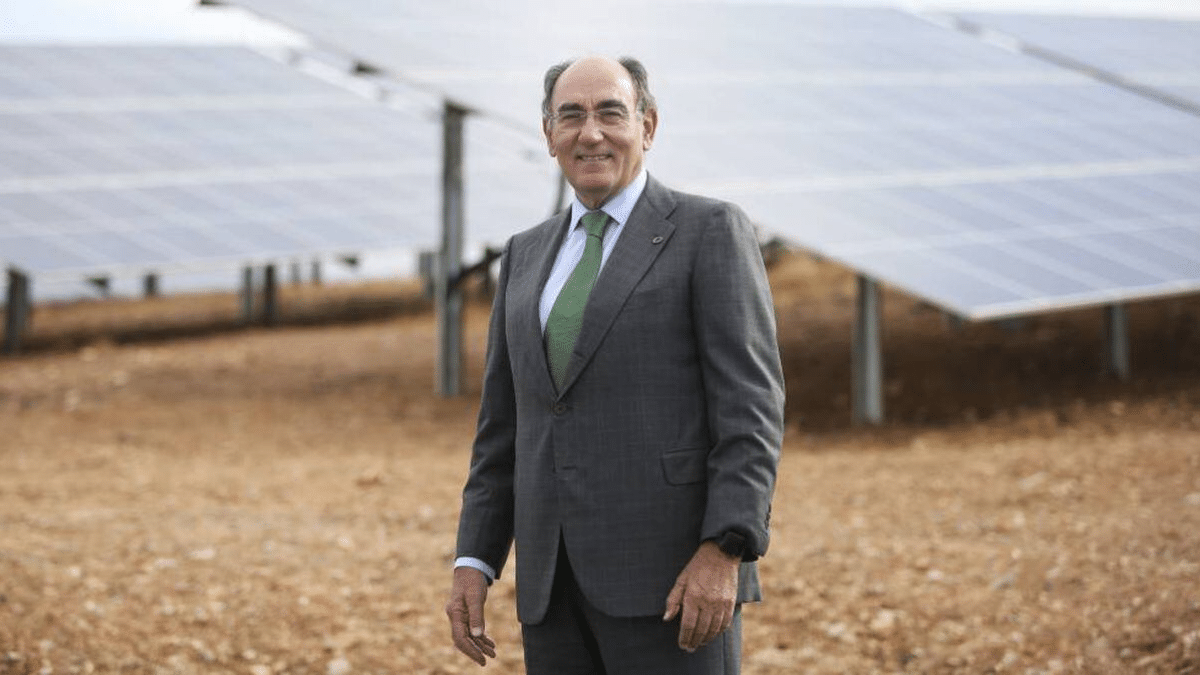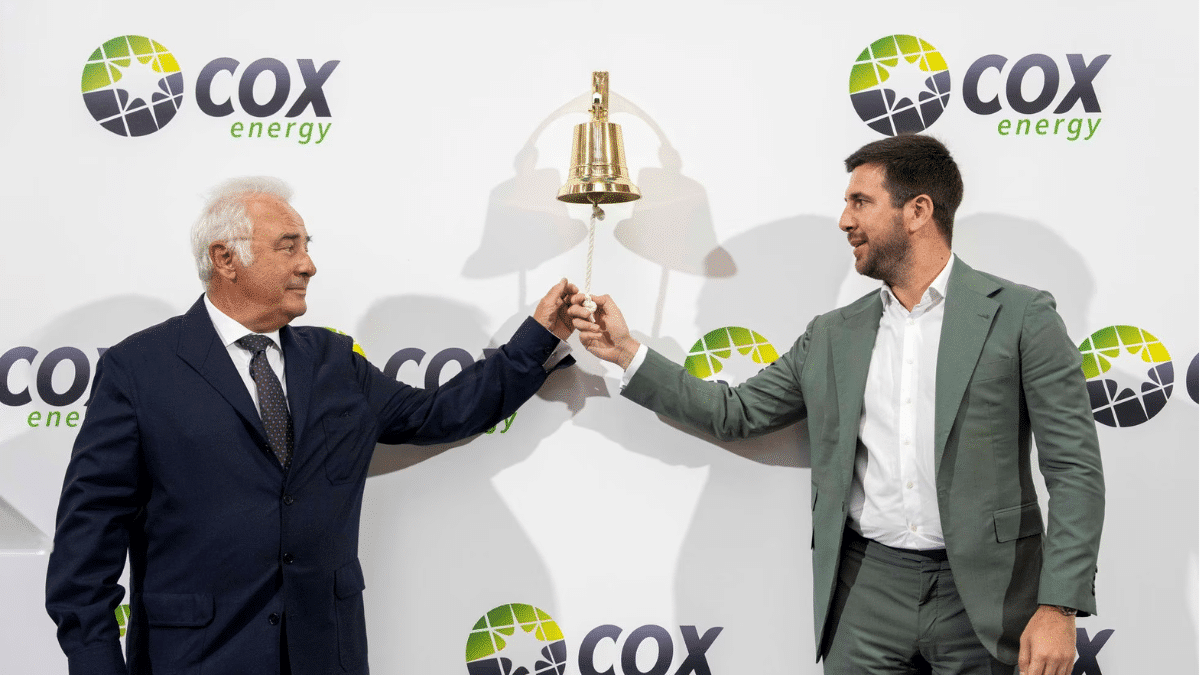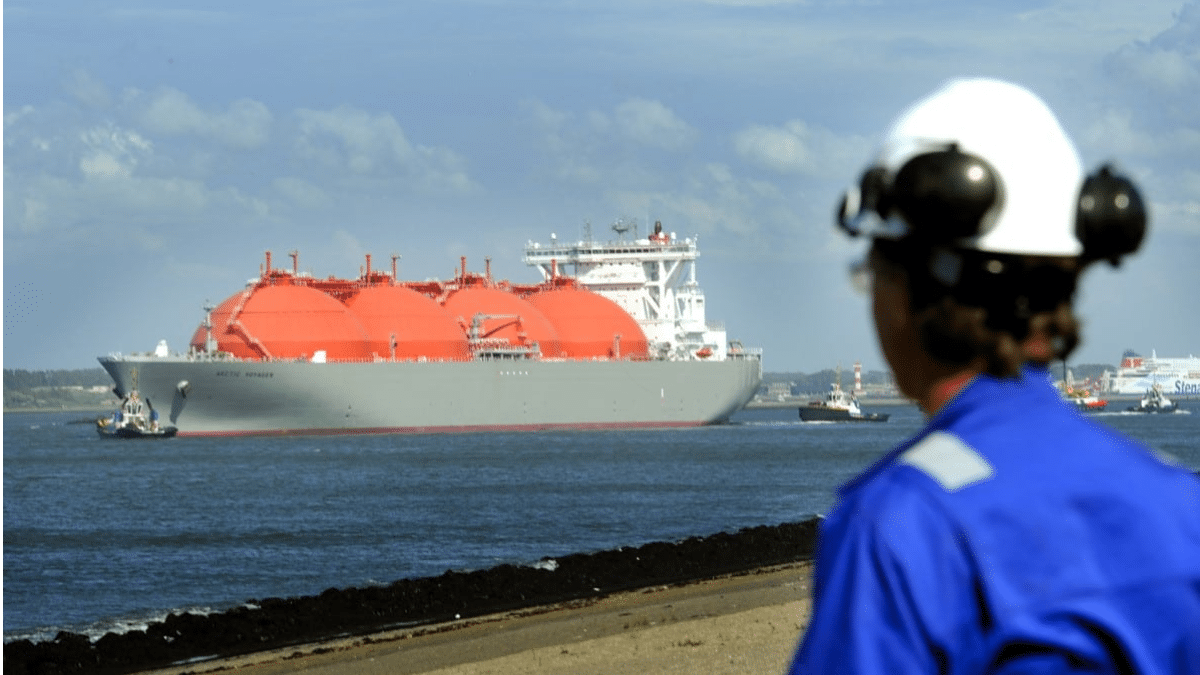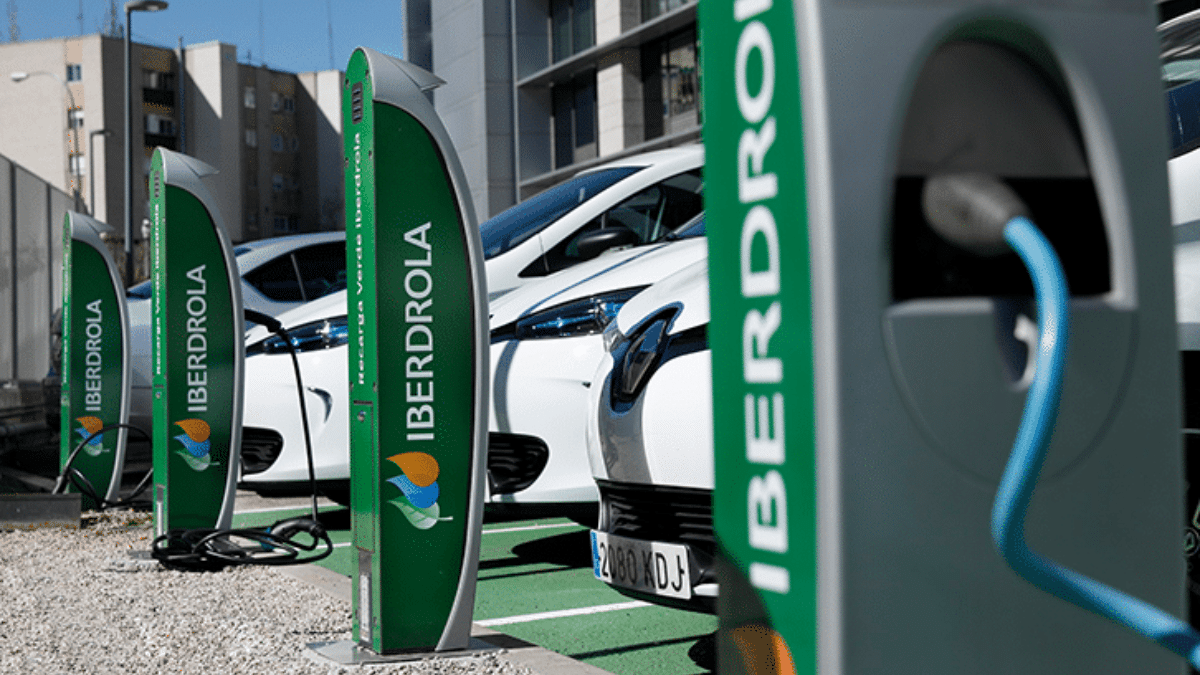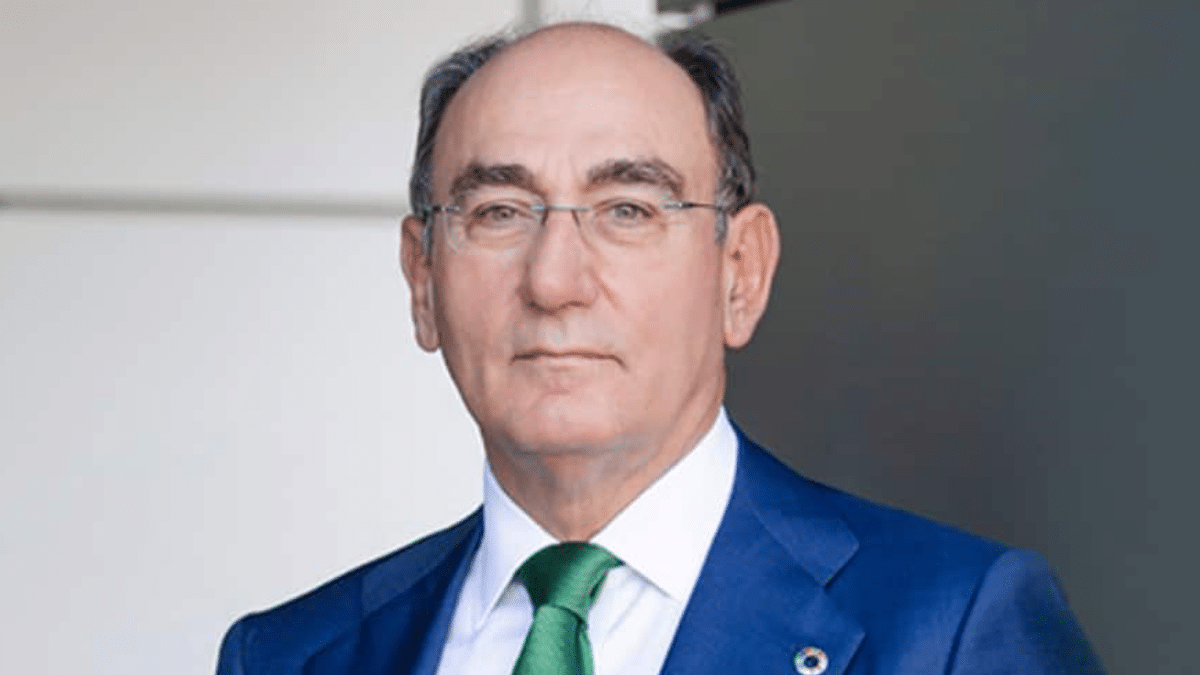
Iberdrola: 5 actions to ‘break the cycle of crisis driven by oil and gas’
Iberdrola, Europe’s largest electricity company, today launched a new report entitled ‘Electric, Together’. The five-point manifesto is a call to action addressed to global policy makers, companies in the energy and industrial sectors and other economic and social actors. The document sets out the steps that need to be taken now, this year, to break the cycle of crisis driven by oil and gas, and deliver energy security through clean energy as soon as possible.
The manifesto, addressed to leaders attending this week’s World Economic Forum in Davos, unveils the remaining challenges in the energy transition and sets out the best ways to achieve this goal at speed.
Iberdrola will invest 47 billion between 2023 and 2025 to improve the energy system in the United States, Europe, the United Kingdom, Latin America and Asia-Pacific.
The five fundamentals for rapid progress towards green energy security are:
1. Accelerate the deployment of smart grids. Grids will have to adapt to the volume of renewable energy, which will increase fivefold or sixfold by 2040, to meet Net Zero targets. According to McKinsey, in the United States alone, the electricity grid will need to be expanded by at least 60% by 2030. In other words, a century’s worth of improvements need to be completed in less than a decade.
Accelerate the deployment of renewable generation projects. Lengthy and complex permitting procedures are slowing down the deployment of renewable energy projects. This must be resolved. According to the International Energy Agency (IEA), renewable generation needs to increase from almost 29% of the generation mix in 2021 to over 60% in 2030.
3. Expand the use of green hydrogen as a solution for industries that are difficult to decarbonise. Some areas of industry and heavy transport will rely on green hydrogen for their transition and concrete policies are needed. Progress has been too slow. According to the IEA, to stay on track towards Net Zero ambitions, green hydrogen production must increase from almost zero today to more than half of global hydrogen production by 2030. That is, around 95 million tonnes.
4. More innovation to drive climate solutions. Innovation at scale is needed to facilitate the optimal deployment of renewables, electric vehicles and energy storage systems. Global trends are positive: the IEA reports that worldwide government spending on R&D was 5% higher in 2021 than the previous year. But companies need to be more aligned with governments to maximise this transformational pillar. Iberdrola therefore plans to double its spending on innovation by 2030.
5. Do not lose sight of the long-term goal of decarbonisation. This year offers governments and regulators around the world the opportunity to show leadership and decisiveness in supporting green investments so that we can emerge from the crisis in better conditions.
Ignacio Galán, Chairman of Iberdrola, said: “If there is one lesson to be learned from 2022, it is the urgent need to work together to achieve rapid electrification and a safer, cleaner and more competitive energy system. The harsh reality is that the world continues to rely on fossil fuels to meet nearly 80% of its energy needs, exposing us all to unnecessarily high levels of uncertainty, inflation and pollution. Every day that the world fails to act, its citizens and businesses remain trapped by international energy volatility and the window for tackling climate change closes.”
“It is both worrying and ironic that unusually cold winter temperatures caused by climate change have spared large parts of the northern hemisphere from much more serious threats to energy security this winter. We can and must do much better in 2023 and work quickly to deliver green energy security,” he said.
“For Iberdrola, the answers are clear. A gas crisis will only be solved with sustained investment in innovation to drive more renewables, more grids and more energy storage. All the solutions already exist. There are no technological barriers to transition. However, we still need policy makers to show more urgency and ambition, working together with regulators, to overcome the challenges that remain”, he said.

